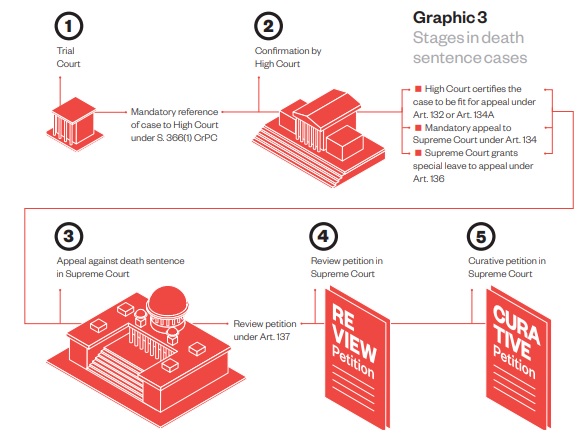7667766266
enquiry@shankarias.in
The Supreme Court has taken a suo moto cognizance to consider laying down guidelines for assessment of mitigating circumstances in death penalty cases.
The POCSO Act was amended in August 2019 to introduce the death penalty for the non-homicide offence of penetrative sexual assault on children.

The ‘The Death Penalty in India: Annual Statistics’ was published by Project 39A of National Law University (NLU), Delhi.
References